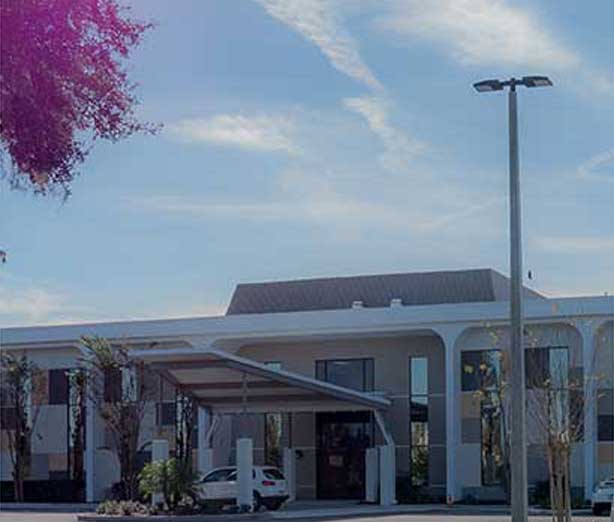Stilnox Detox Center Davenport VA
Home
Best Stilnox Detox Center Davenport VA Resources
Stilnox Detox Center Davenport VA
How do you know if you need help from a drug rehab center? Drug Treatment Centers Types of Drug Rehab Treatment Drug treatment programs are usually most successful when they are based upon an individual’s specific needs and can include a variety of approaches, including residential inpatient, outpatient and aftercare.
Professionals are trained to assist you in case of any complications or discomfort during withdrawal. The discovery of oil over a century ago has helped strengthen its economy and the state now has leading companies in major industries such as petrochemicals, computers, energy, biomedical sciences, aerospace, and electronics. Undo Undo DRUG ADDICTION HELPâ€Â @help_addiction Mar 22 More Listen to "Mar 22, 2018" by joanna young Thanks. They’ll provide you with all the information you’ll need to have in order to make the intake process as easy as the search for their facility has been.
A lot more Resources For Pcp Rehab Center Near Me

Right here are Some More Info on Pcp Rehab Center Near Me Davenport VA
The prevalence of this non-profit rehab service adds up to a high success rate for former addicts. When making a commitment for treatment at one of these centers, try to finish the program this will go a long way in your recovery from drugs or alcohol.
Below are Some Even more Resources on Pcp Rehab Center Near Me
So if you or a loved one are an addicted Christian, it’s worth stepping back and asking yourself about the state and nature of your faith. An addiction hotline can help you determine if you are addicted to drugs or alcohol. An effective drug treatment program can help you develop the inner strength and external support you need to build a healthy, rewarding life. S., with cocaine and amphetamines cited as the two most popular drugs of choice, after marijuana. Do NOT feel stigmatized if you find out you are addicted.
Below are Some Even more Details on Dextrostat Addiction Treatment Clinic Davenport VA
For them, especially when they are actively using, it may be but a blip on the radar. The building of the person’s relationship with Jesus Christ, self-worth, and responsibility, prepare them for the rest of the program. Rehabilitation (rehab): The removal of drugs from the system is just the beginning of the healing process. Motivational interviewing, which is designed to increase patient motivation to change behavior and enter treatment.[7] Motivational incentives, which uses positive reinforcement to encourage abstinence from the addictive substance.[8] Treatment can be a long process and the duration is dependent upon the patient’s needs and history of abuse. Addicts usually cannot be helped until they stop denying the problem and understand the steps needed to become normal again. The longer the program is, does not usually affect the outcome of treatment, once you pass the 90-day mark. At that point, it is up to the individual to apply what they have learned and move forward with life. It is the ways in which we handle what is NOT easy that can negatively contribute to our futures in this ongoing world—YES, a world which will go on whether we choose to accept that fact or not.
Click Here for More Information
Previous Next
You may also like:
Mushrooms Addiction Tremont MS
Kapanol Abuse Treatment Clinics Crookston MN
Lunesta Detox Treatment Friedheim MO
Roxicet Detox Treatment Brainard NY
Robitussin Addiction Detox Clinic Delight AR
Phenobarbitol Addiction Detox Facility Big Pine Key FL
Residential Treatment Centers Near Me Fowlerton IN
Fentanyl Addiction Rehab Reidsville GA
Ms Contin Addiction Rehab Facilities Plummer ID
Benzodiazepines Addiction Rehab Facilities Pray MT
Oramorph Addiction Detox Centers Hydetown PA
Diazepam Addiction Treatment Northfield OH
Roxiprin Rehab Center Near Me Bayville NY
Vicoprofen Addiction Rehab Program Almena KS
Mescaline Detox Facility Cedar City UT
Ms Contin Abuse Treatment Programs Deane KY
Marijuana Abuse Centers Hudgins VA
Symtan Detox Buxton ND
Ghb Rehab Treatment Program South Milford IN
Addiction In Psychology Hebron KY